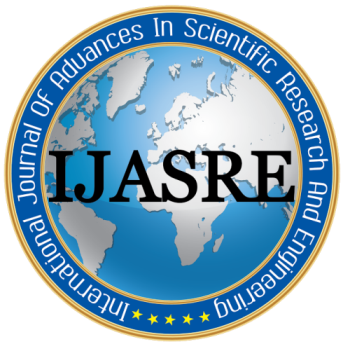Preliminary Observations from Interactions among Ghanaian Autistic Children and Rosye, a Humanoid Robotic Assistive Technology
DOI:
https://doi.org/10.31695/IJASRE.2018.32983Keywords:
Autism, Robots, Ghana, Imitation, Joint attention, Africa.Abstract
Research aimed at exploring the impact and effectiveness of social robots as assistive technologies in autism diagnosis and treatment have been on the rise. However, many of such studies have been undertaken in the Western world, with a few being done in middle to low income countries. As a result, assessing the impact of cultural differences on the acceptance and effectiveness of treatment plans for children on the autism spectrum is quite difficult. Most of the existing robots being used as assistants in autism therapy are in the prototype stage and not accessible to the public; a few on the market are costly and for developing countries, deploying such robots on a large scale to aid these children is not feasible. We have developed a humanoid robot Rosye as part of an ongoing project to research into how robot interventions could be used as therapy assistants for caregivers of Ghanaian autistic children In this paper, we present results from a preliminary experiment involving the novel low cost but friendly humanoid robot, Rosye, and some autistic children in Ghana.
Downloads
How to Cite
Issue
Section
License
Copyright (c) 2018 Rose-Mary Owusuaa Mensah, James Ben Hayfron-Acquah

This work is licensed under a Creative Commons Attribution-NonCommercial 4.0 International License.







